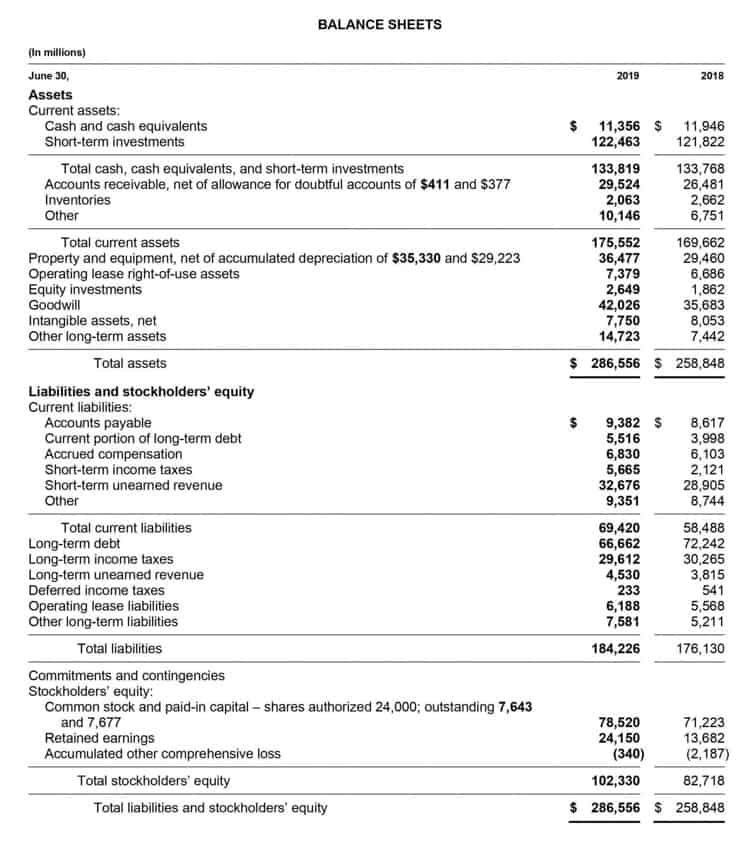Accordingly, the information provided should not be relied upon as a substitute for independent research. Intuit Inc. does not warrant that the material contained herein will continue to be accurate nor that it is completely free of errors when published. You may be hoping for the best and have a few college courses in your back pocket. Even with these tools, you may not have the expertise you need to handle the responsibilities of a bookkeeper.
What is bookkeeping? 21 tips for business owners
By having access to this data, businesses of all sizes and ages can make strategic plans and develop realistic objectives. By logging and keeping track of all financial transactions, you will have easy access to any financial information you might need. To make it even easier, bookkeepers often group transactions into categories. During this process, a bookkeeper compares your recorded transactions with your bank statements so they can catch and fix any errors. The single-entry bookkeeping method is often preferred for bookkeeping sole proprietors, small startups, and companies with unfussy or minimal transaction activity.
Integrate with any Accounting Software
But as you have seen, a bookkeeper can assist in many other areas of your business, helping to manage payments, invoicing, payroll, and more. Knowing what a bookkeeper can handle will help you determine what your business needs and the role your bookkeeper can play. This includes business expenses, invoices, donations, funding, sales, salaries, and more.
- Bookkeeping responsibilities mandate strict adherence to detail to produce reliable and error-free records, laying the groundwork for accurate financial statements.
- While bookkeepers used to keep track of this information in physical books, much of the process is now done on digital software.
- As financial custodians, bookkeepers also engage in reconciliations to validate the integrity of accounting data.
- For the past 52 years, Harold Averkamp (CPA, MBA) hasworked as an accounting supervisor, manager, consultant, university instructor, and innovator in teaching accounting online.
- Becoming a bookkeeper offers a clear path to a high-demand role with the freedom to work from home, for a firm, or for yourself.
- Our expert CPAs and QuickBooks ProAdvisors average 15 years of experience working with small businesses across various industries.
What Does Bookkeeper Mean?
Accounting is the process of keeping financials for a company by recording, summarizing, analyzing, advising, and reporting. Certified Public Accountants (CPAs) usually perform what is a bookeeper accounting and assurance tasks. Their work focuses on the big picture of your company’s financial health, ensuring long-term success through strategic planning and analysis.
As transactions come in, they need to be recorded and categorized so financial reports reflect the current reality of your business in terms of assets and available cash, and even highlight trends. Depending on the stage of your small business, you may not need to hire a full-time professional bookkeeper. You can either get some bookkeeping software and learn how to do it yourself, or you can outsource your bookkeeping to a part-time, virtual bookkeeping service like Bench. Many small businesses have their Mental Health Billing bookkeepers manage payroll and payroll tax filings. Bookkeepers can provide a range of additional services are a range of extra services that bookkeepers can provide, such as running payroll, preparing VAT returns and preparing and filing tax returns. Services that bookkeepers can provide, such as running payroll, preparing VAT returns and preparing and filing tax returns.
- They use bookkeeping software, spreadsheets, and databases to process information.
- They also summarize the data when presenting it to lay people, i.e., those who are not accountants.
- Knowing their responsibilities helps companies to achieve accurate financial management and compliance with various regulations.
- During this process, a bookkeeper compares your recorded transactions with your bank statements so they can catch and fix any errors.
- “A bookkeeper records the financial transactions of an organization and takes care of day-to-day functions such as recording sales and invoices, paying bills and processing payroll,” Stephens said.
- They usually start with a macro perspective, such as a balance sheet or a profit and loss statement, and then drill into the details.
- Bookkeeping is the practice of recording and organizing a business’s daily financial transactions and maintaining accurate financial records.
What a Bookkeeper Should Know
Specializing helps you deeply understand industry-specific regulations, accounting practices, and business challenges, which makes you more valuable and trusted by clients in that sector. The rise of virtual work has also expanded access to opportunities nationwide. What matters most is your ability to help clients understand their finances.












